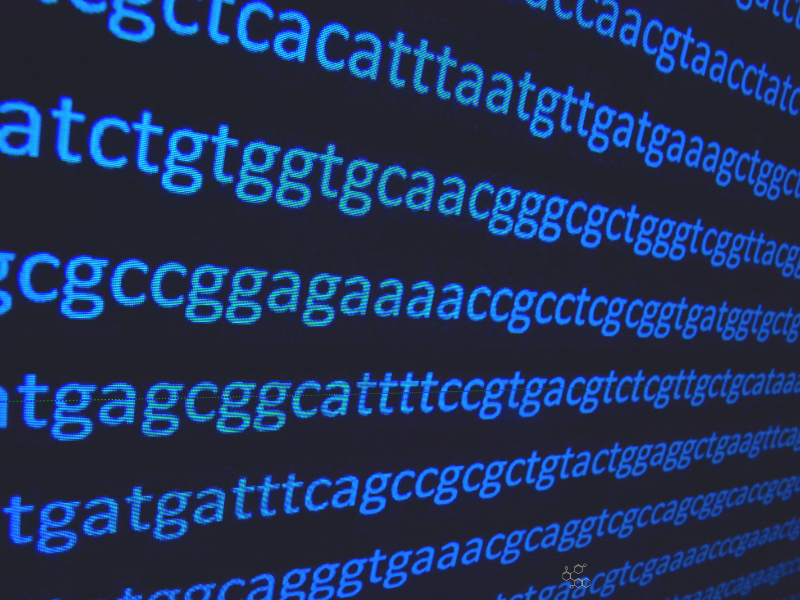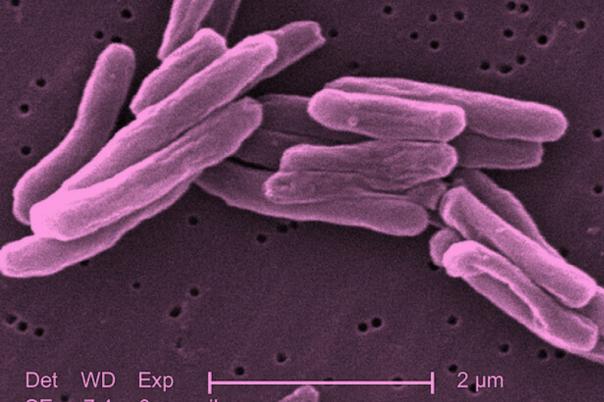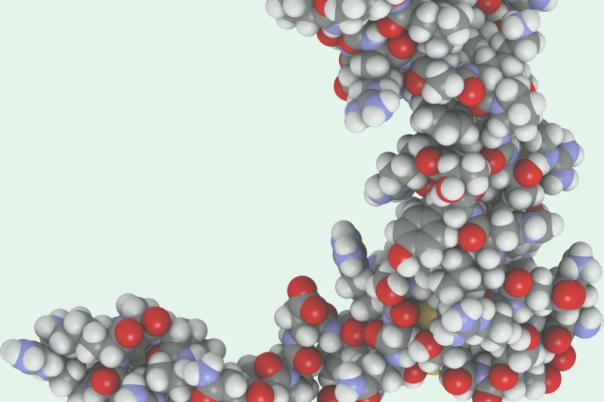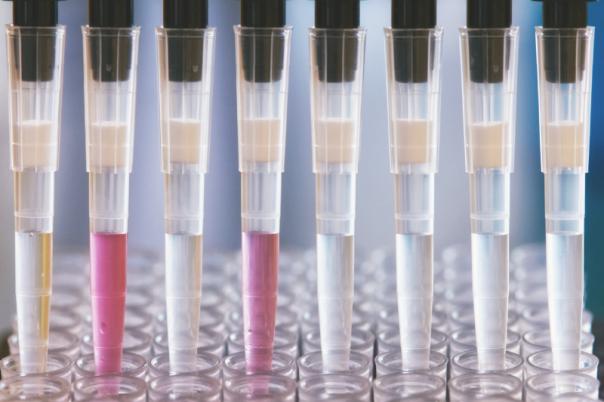Under the NHS, the government has revealed plans to conduct whole-genome sequencing (WGS) on newborn babies in England over the next ten years to assess their risk of hundreds of diseases.
The scheme aligns with the principles of precision medicine as it represents a drive towards predicting and preventing illnesses. It is estimated that the UK government will invest £650 million in DNA research by 2030.
Details of the government’s 10-year plan for the NHS are set to be revealed over the next few weeks. The goal is to alleviate pressure on the NHS, revolutionise preventative medicine, and provide faster diagnoses.
Screening newborns for rare disease will require extracting blood samples from their umbilical cords and sequencing their complete DNA. The current standard sequencing involves performing the heelprick test on newborns. However, this only checks for nine serious conditions, including cystic fibrosis. Whereas the WGS screens for hundreds of conditions.
Wes Streeting, Secretary of State for Health and Social Care, said: “With the power of this new technology, patients will be able to receive personalised healthcare to prevent ill-health before symptoms begin, reducing the pressure on NHS services and helping people live longer, healthier lives."
Funding for this initiative will also support efforts by Genomics England to create one of the largest research databases and to obtain over 500,000 genomes by 2030.
For a project of this scale, the government must hire enough qualified personnel who can collect and interpret data for the patients. Professor Robin Lovell-Badge, a geneticist at the Francis Crick Institute, said: “You need people to have conversations with individuals who might be affected by genetic disease.” He continued: “It's not just having the information, it's conveying the information in an appropriate, helpful way.”








